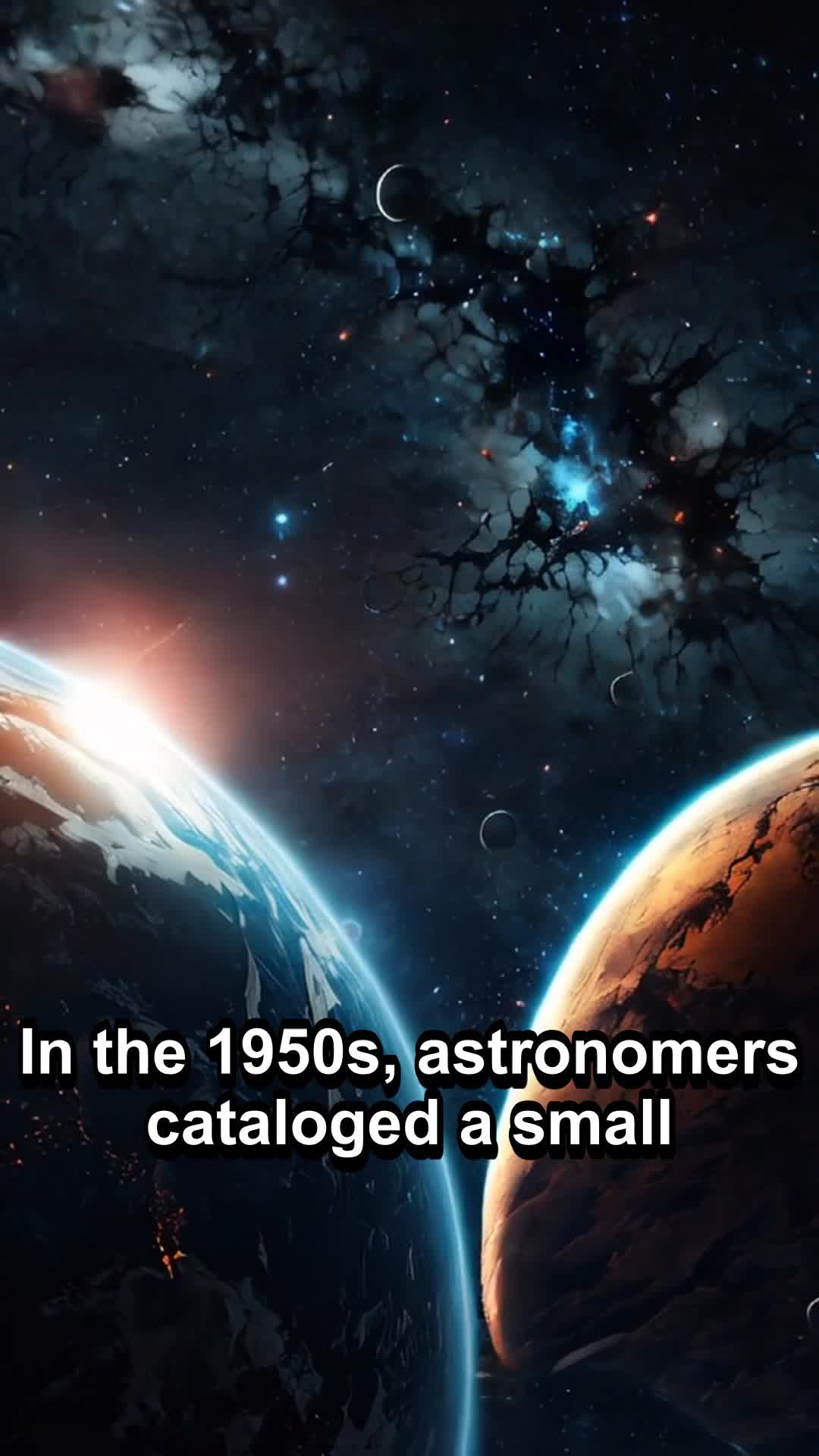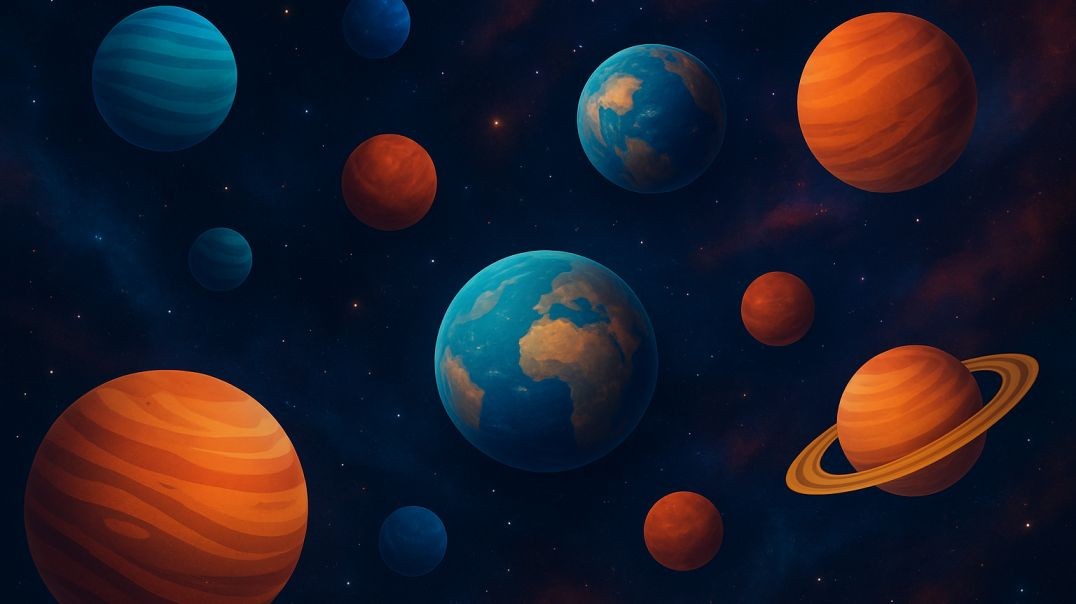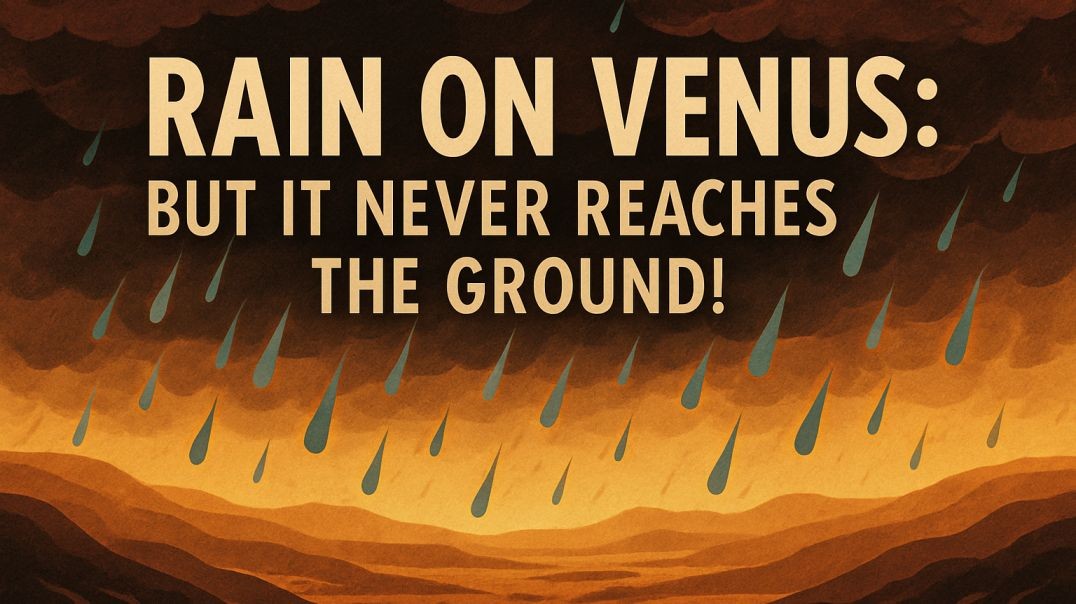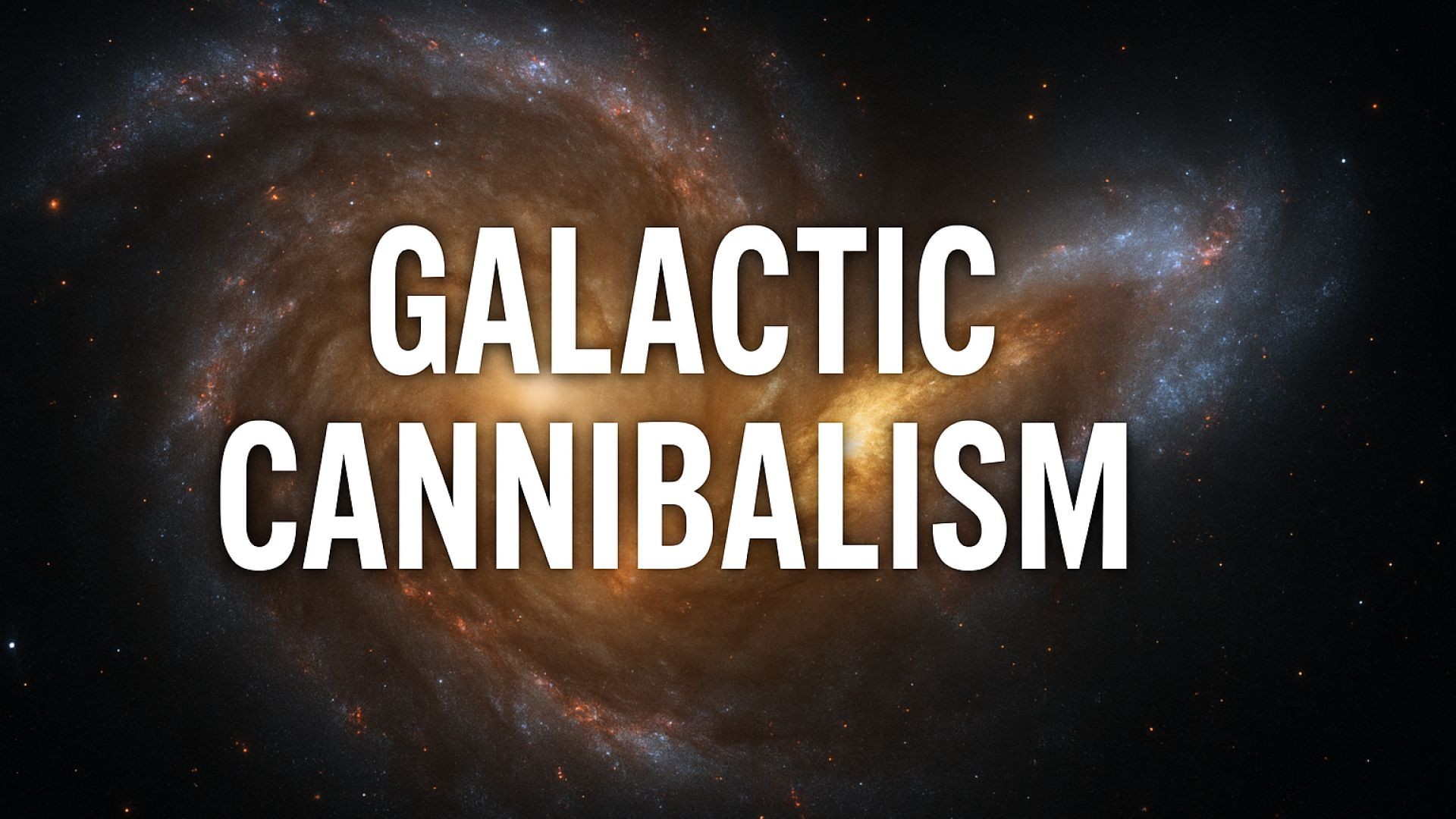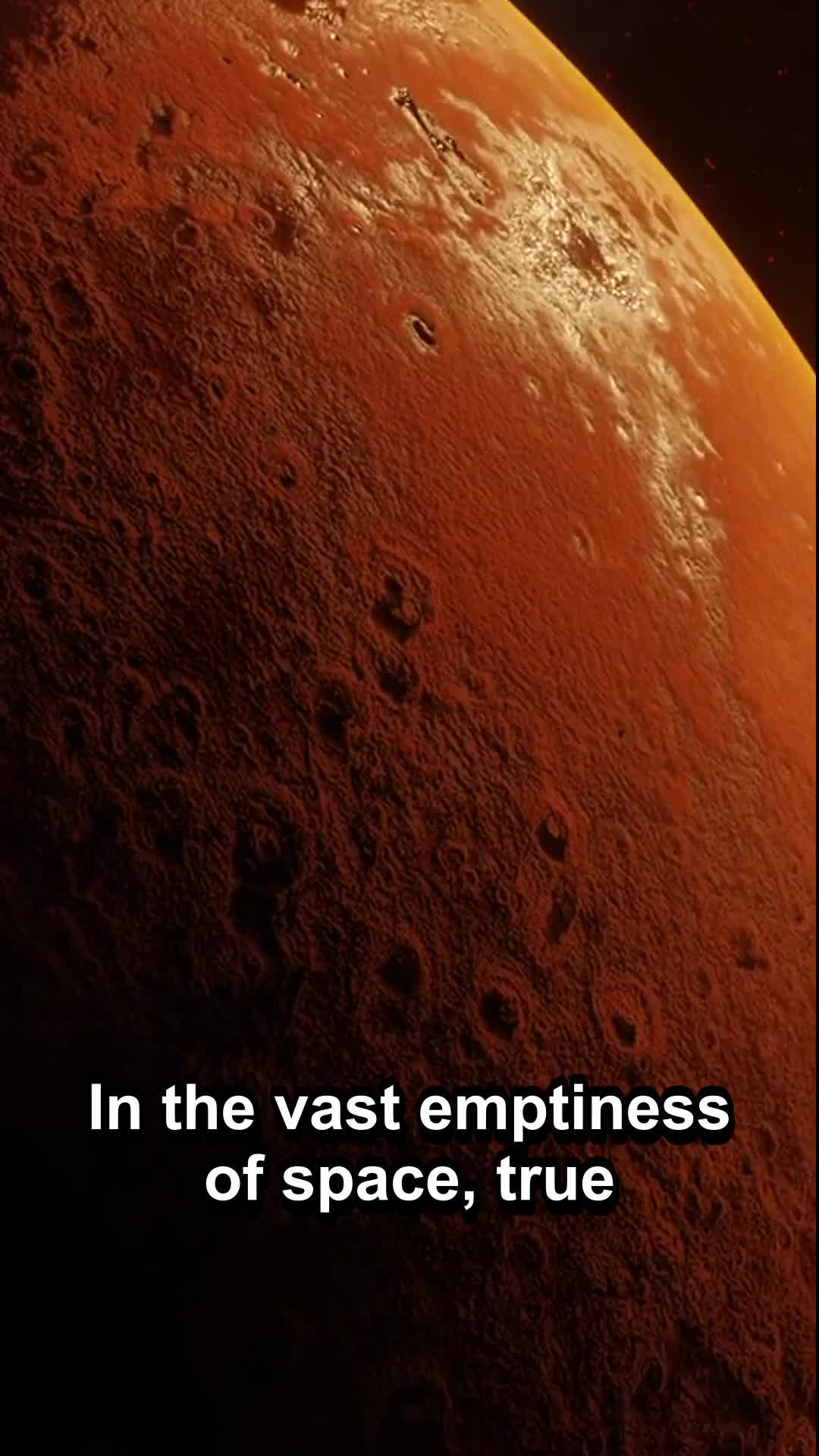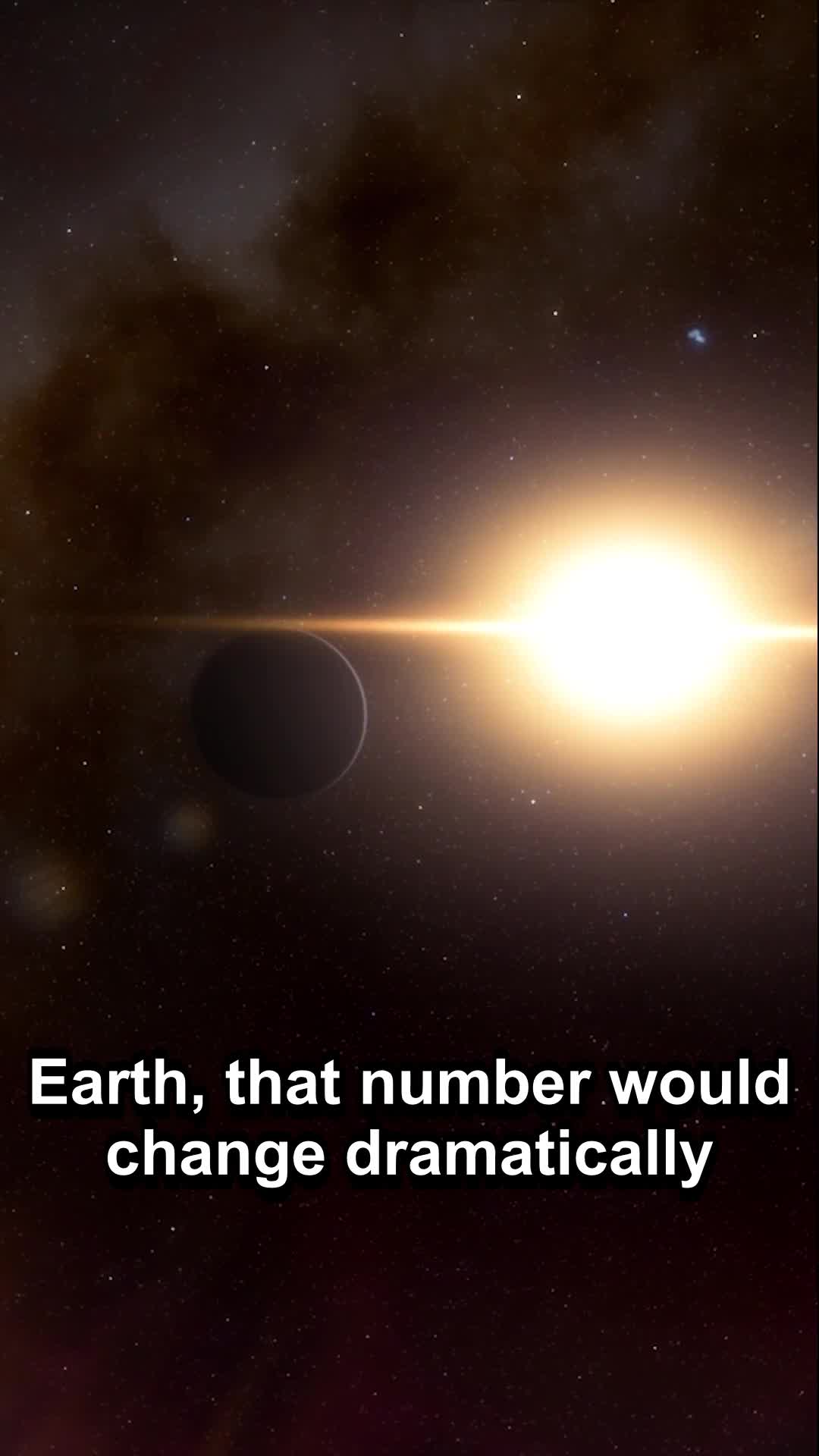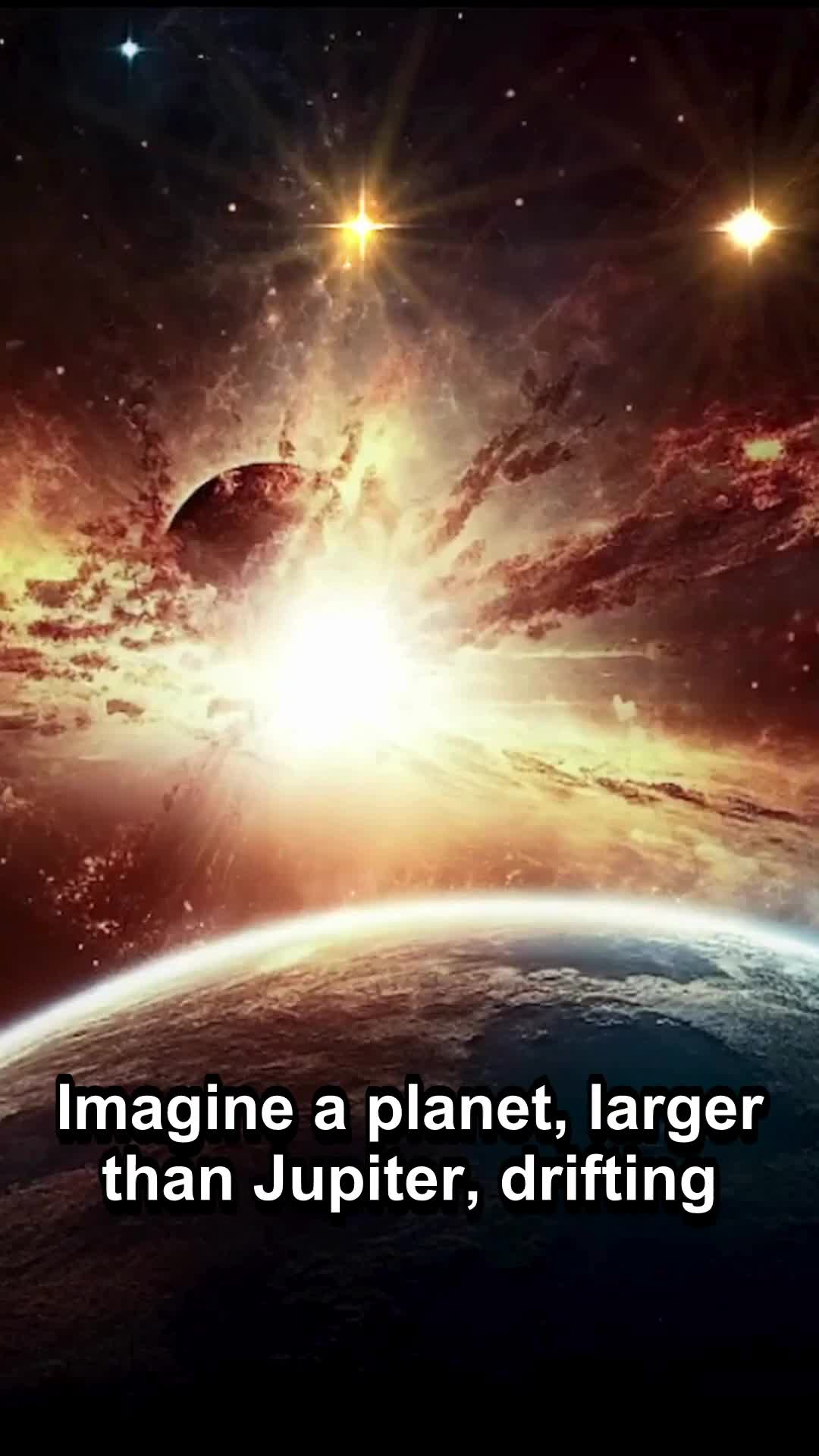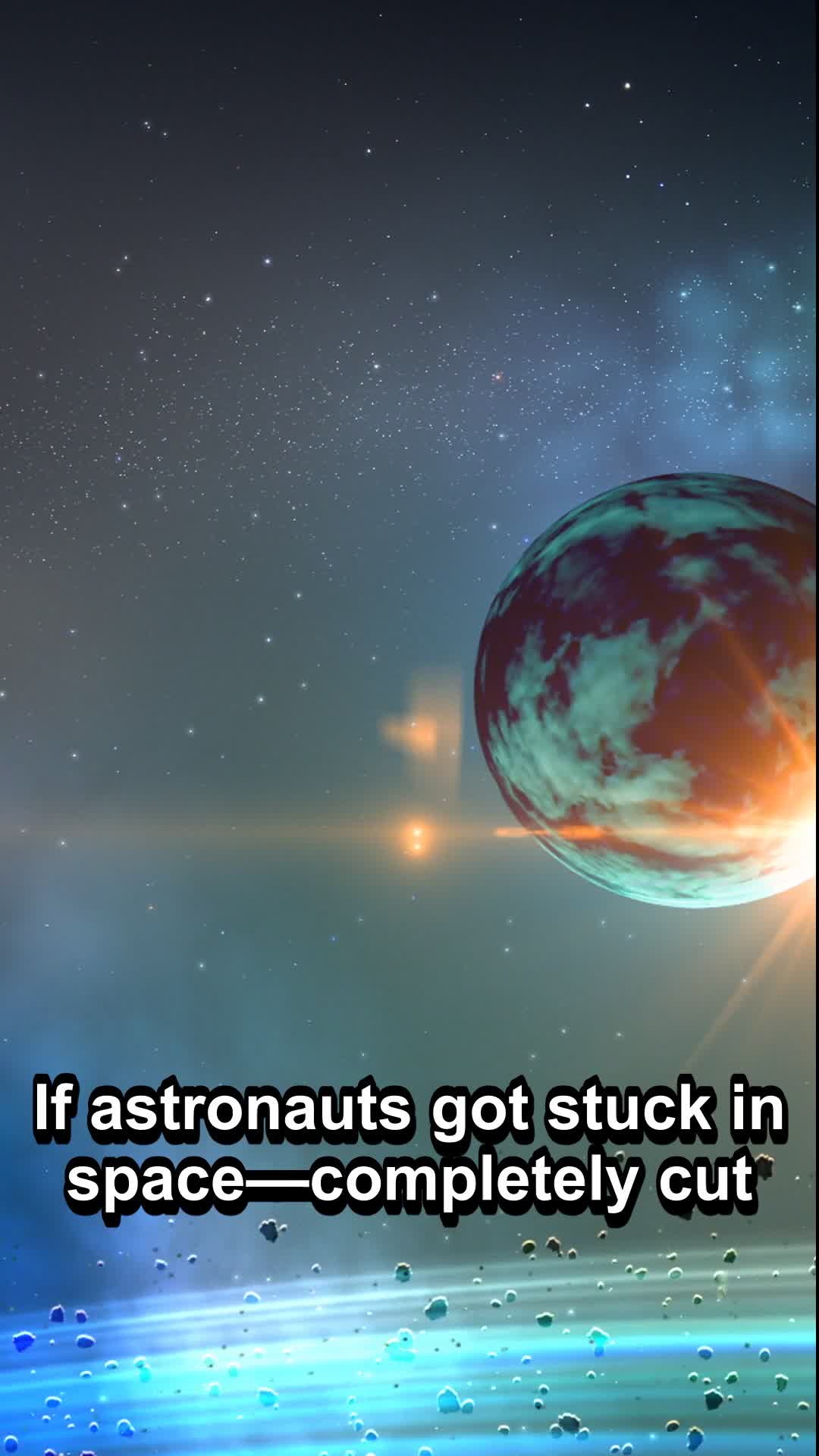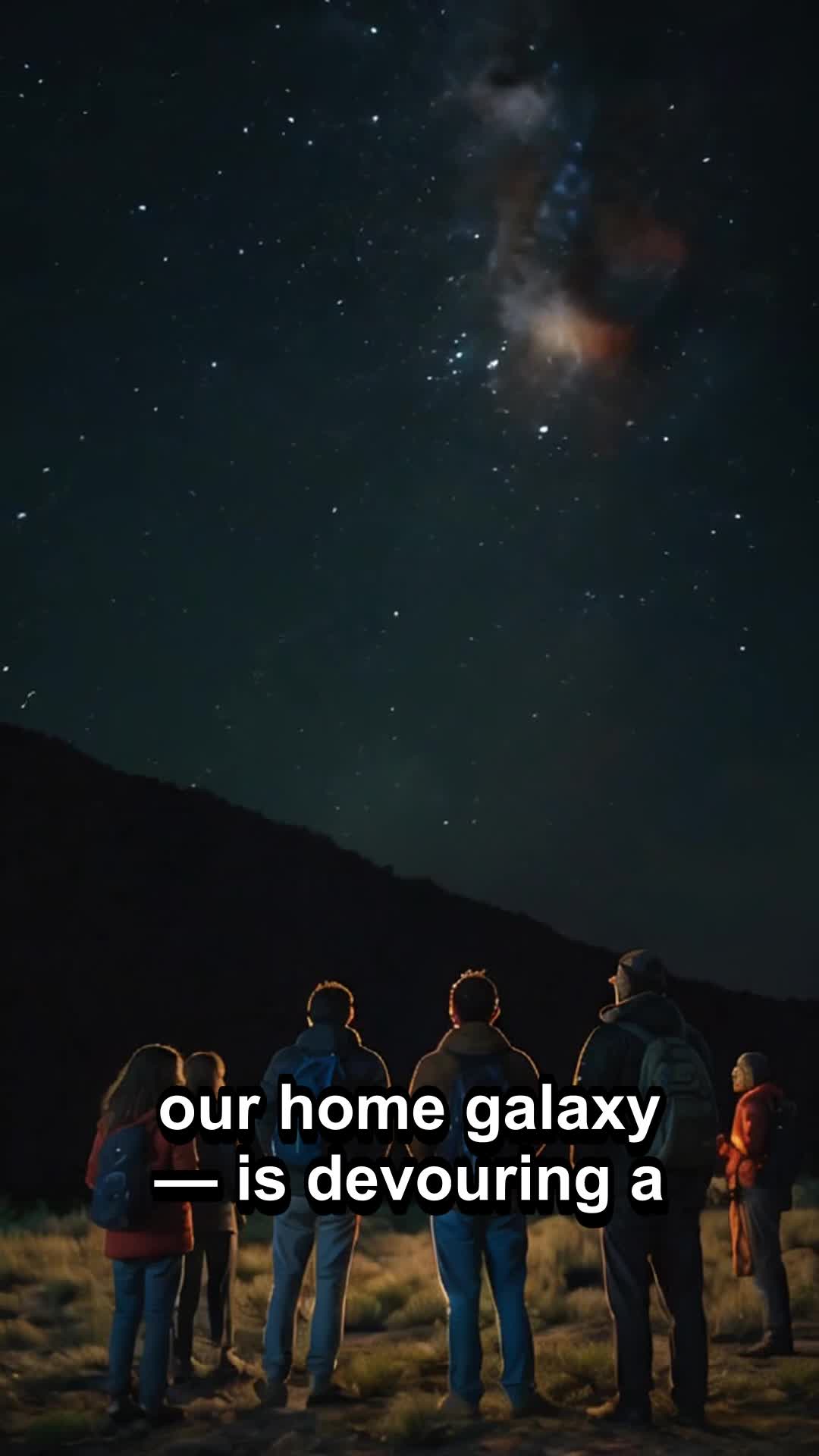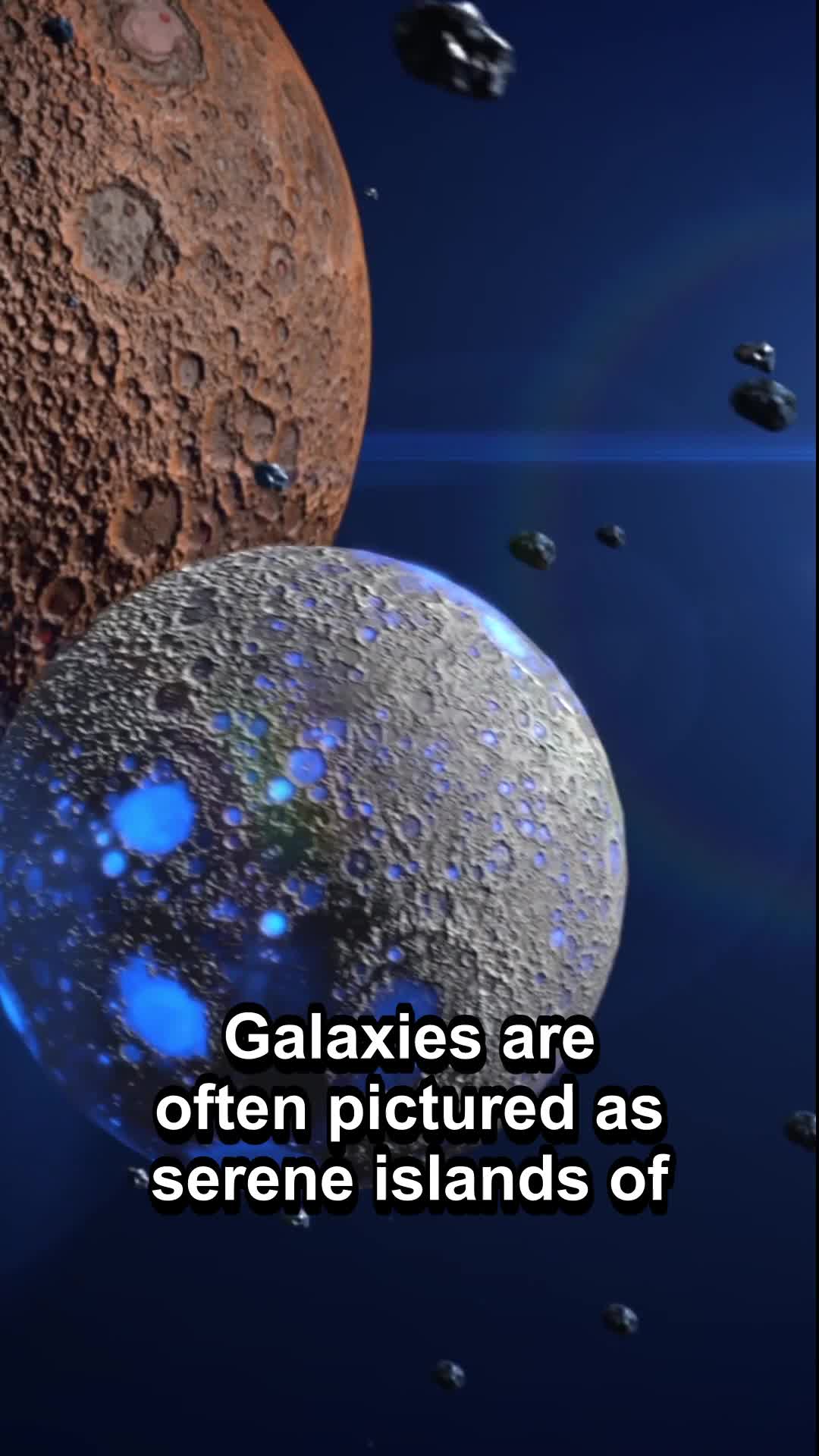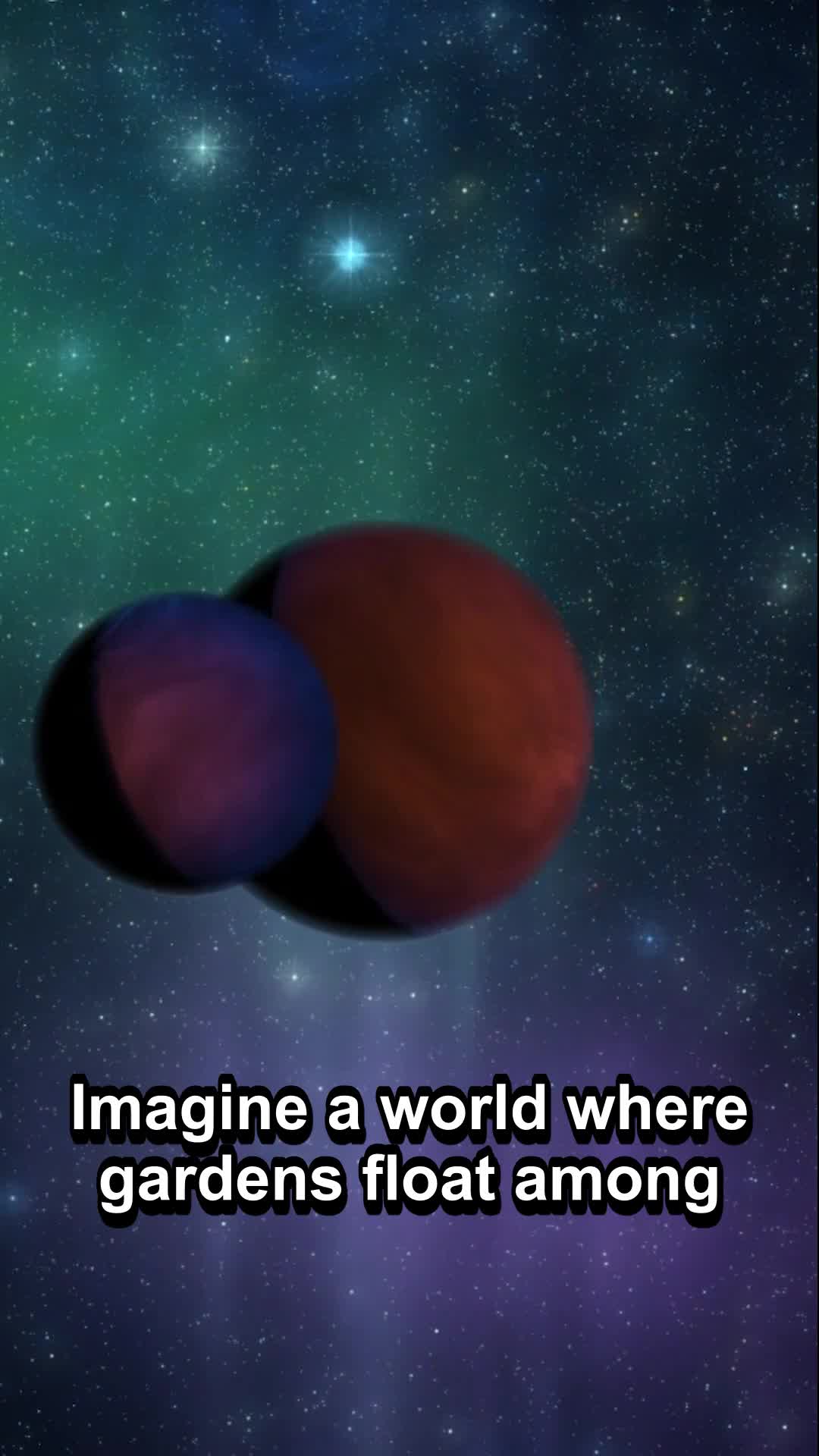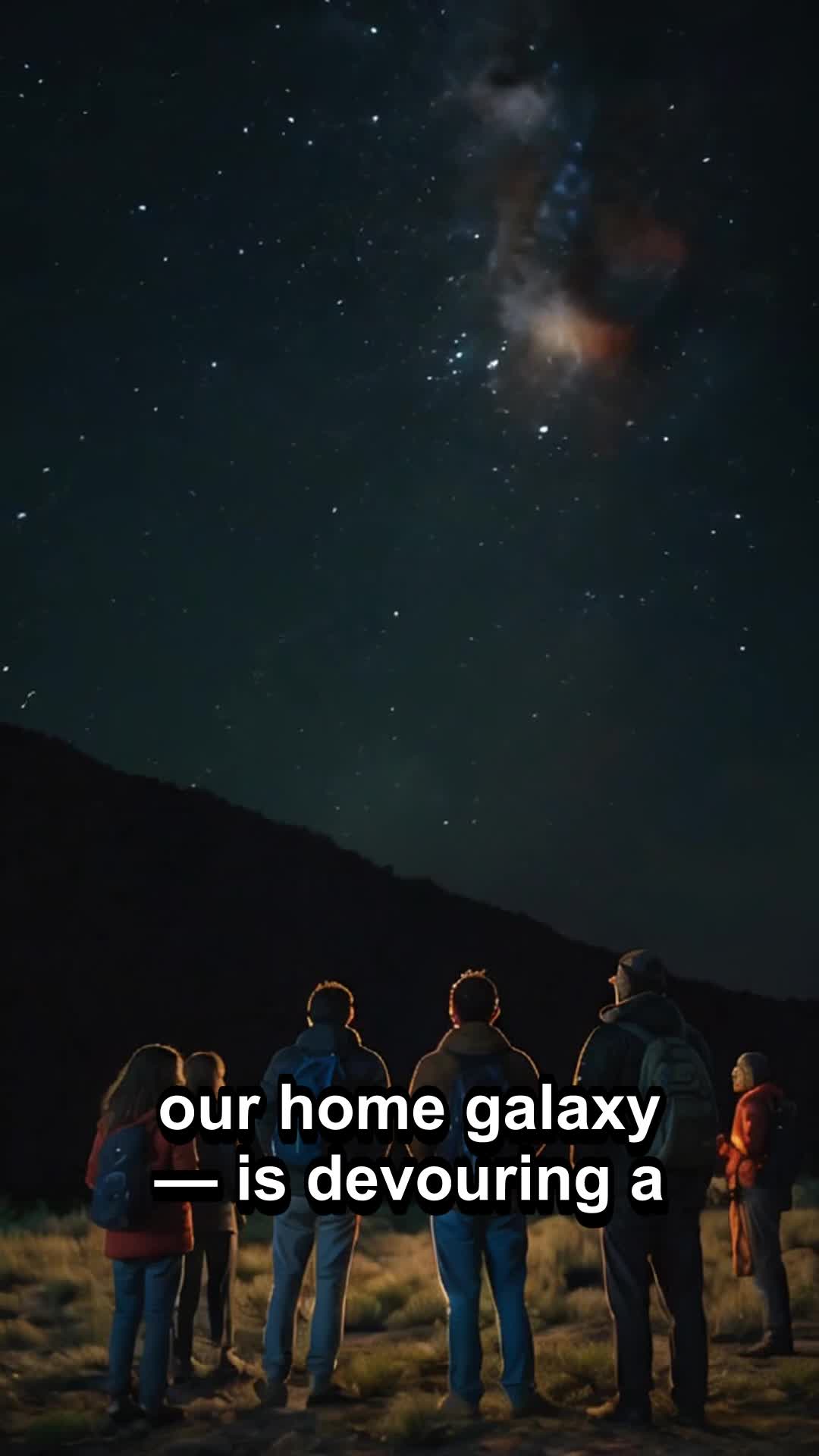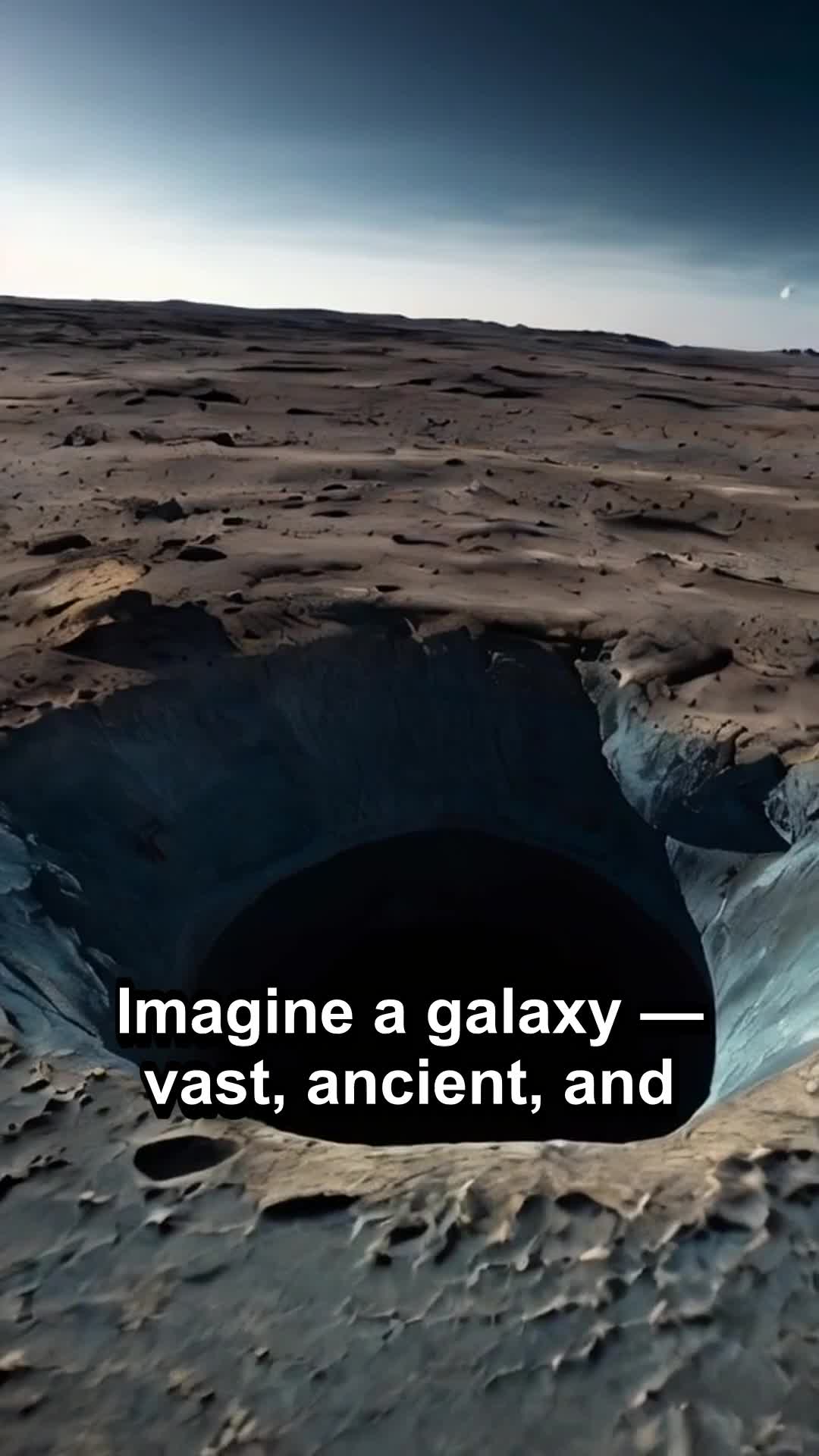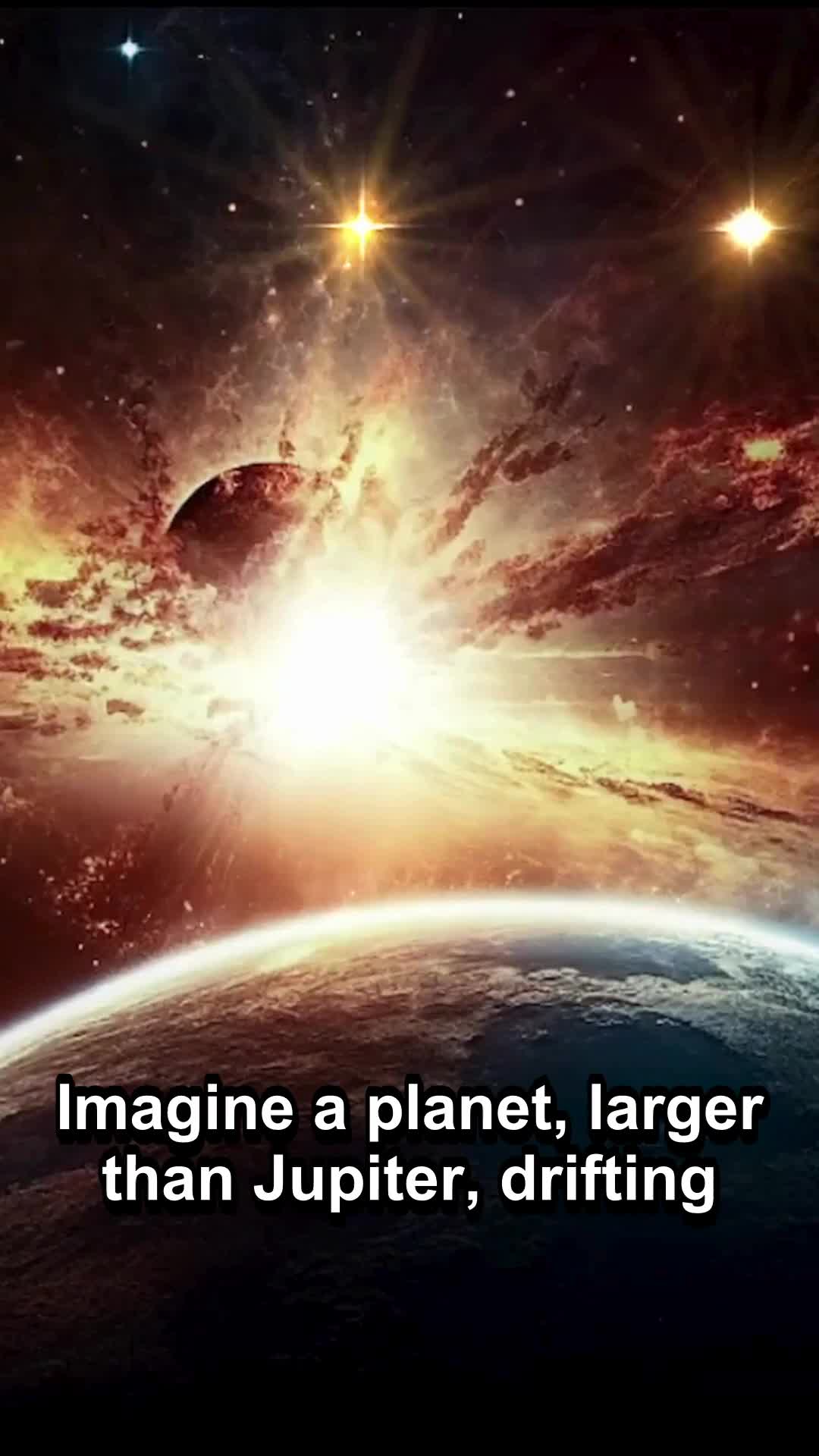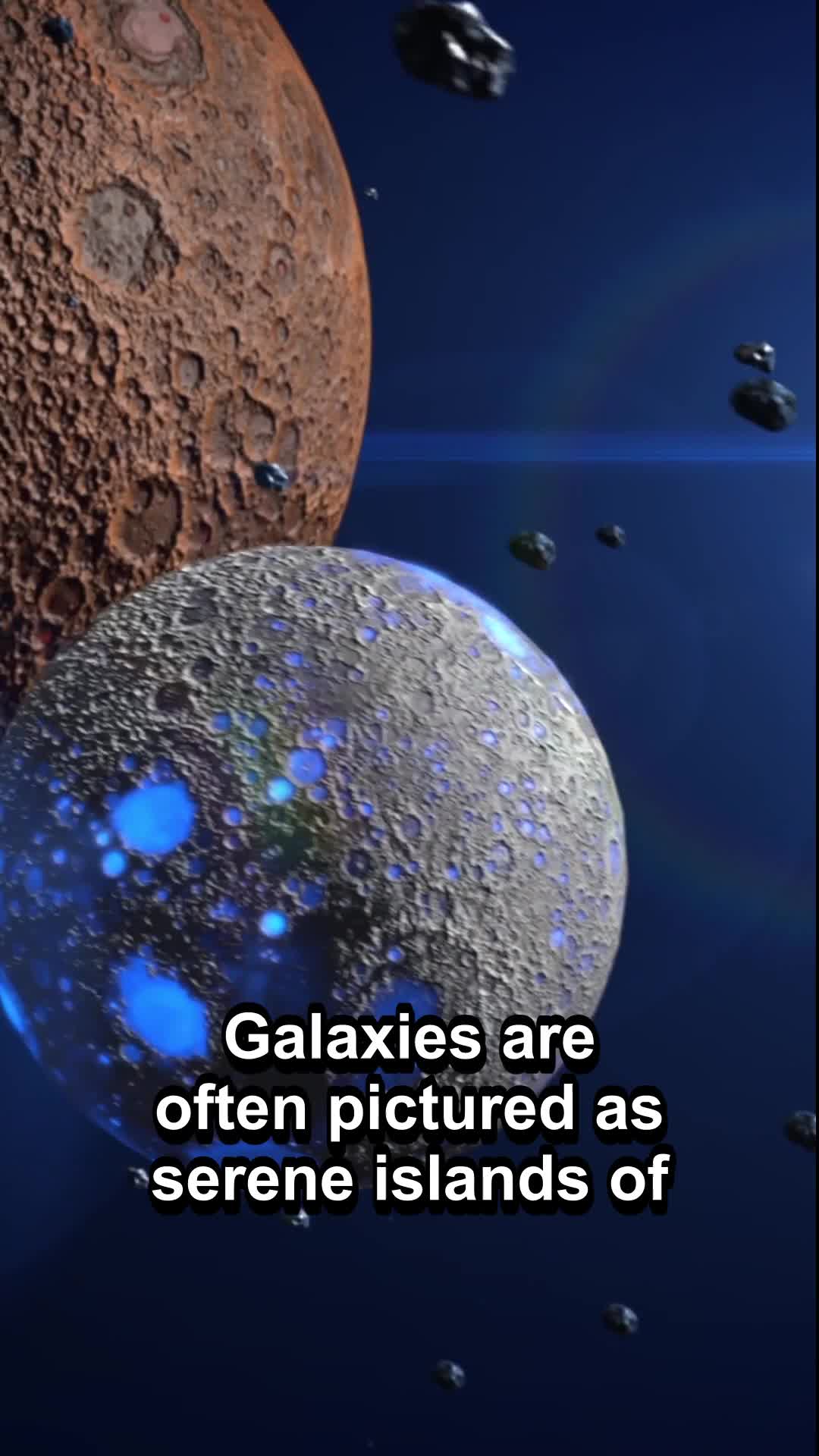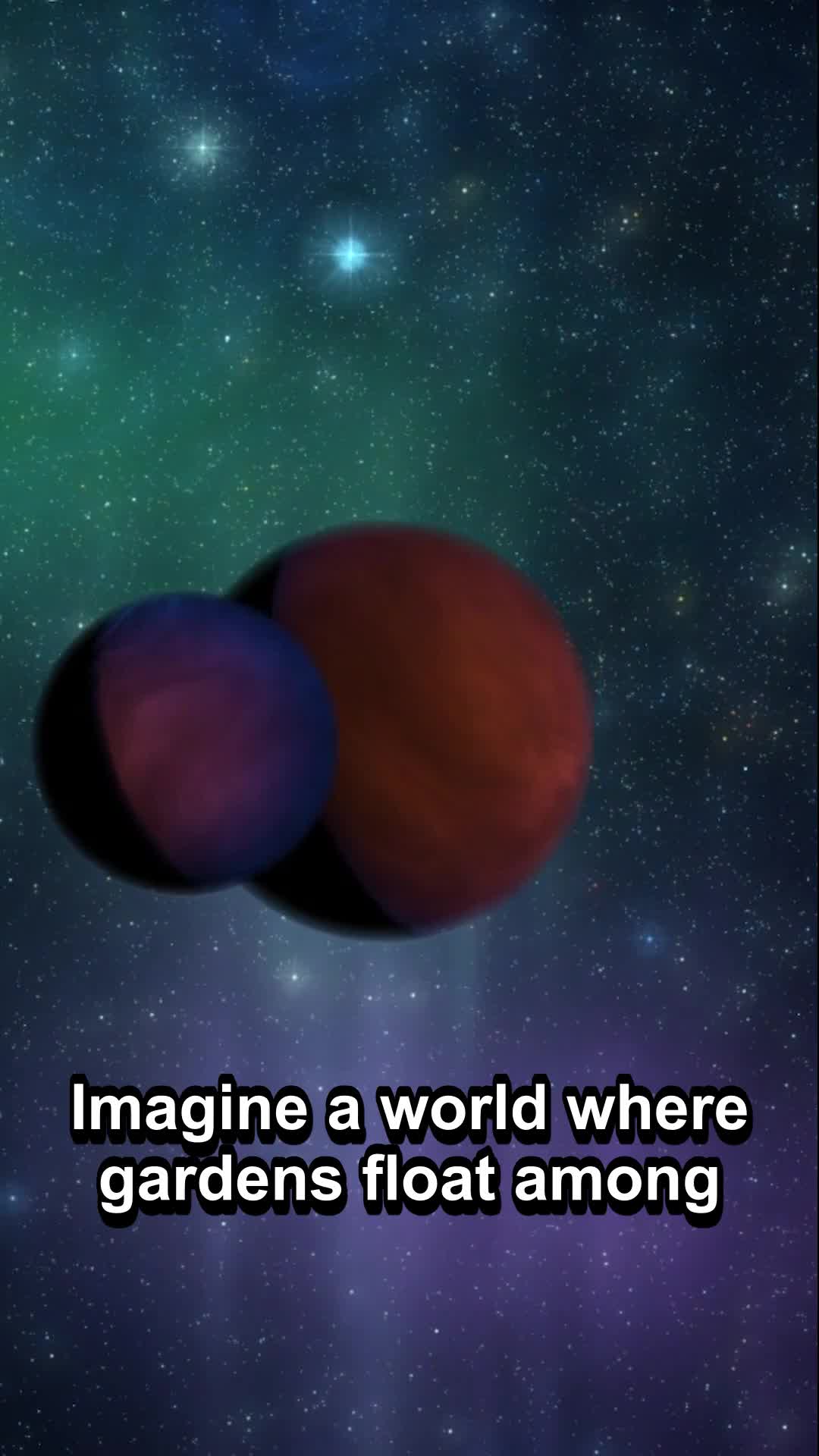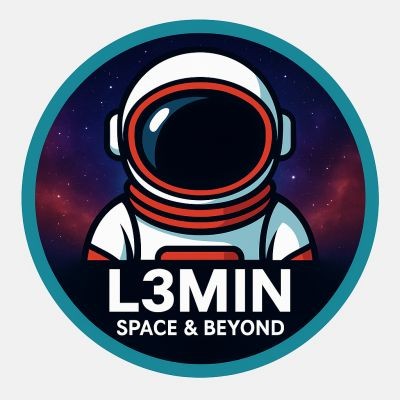Mars' Dramatic Future: The Impending Destruction of Its Moon Phobos
In this captivating video, we explore a lesser-known yet dramatic aspect of our solar system: the impending destruction of Mars' moon Phobos. The narrative unfolds with breathtaking visuals and expert interviews that delve into the cosmic forces at play. Phobos, the larger of Mars' two moons, is gradually spiraling towards the red planet. Scientists predict that within 30 to 50 million years, gravitational interactions will cause Phobos to either crash into Mars or disintegrate into a ring similar to those around Saturn. The video begins with a historical overview of Phobos, discovered in 1877 by astronomer Asaph Hall. We then transition into a detailed explanation of tidal forces, the gravitational interactions between Mars and Phobos that are drawing the moon ever closer to the Martian surface. Visual animations help illustrate how these forces are slowly altering Phobos' orbit. Experts in planetary science discuss the future scenarios for Phobos, including the potential for it to break up due to the Roche limit, where Mars' gravitational pull will exceed the structural integrity of Phobos. This segment is enriched with simulations showing how this dramatic event might look from Mars and how it could form a temporary ring of debris around Mars, potentially visible from Earth. Furthermore, the video explores the implications of Phobos' demise on future Mars missions, including those planned by NASA and other international space agencies. The destruction of Phobos could pose challenges for Mars' orbiters and potential surface missions, requiring new strategies for navigation and debris mitigation. In conclusion, the video not only highlights the dynamic and ever-changing nature of our solar system but also invites viewers to reflect on the broader impacts of celestial events on space exploration and our understanding of planetary evolution. This educational and visually stunning presentation is an essential watch for anyone intrigued by astronomy, planetary science, and the future of space exploration.



